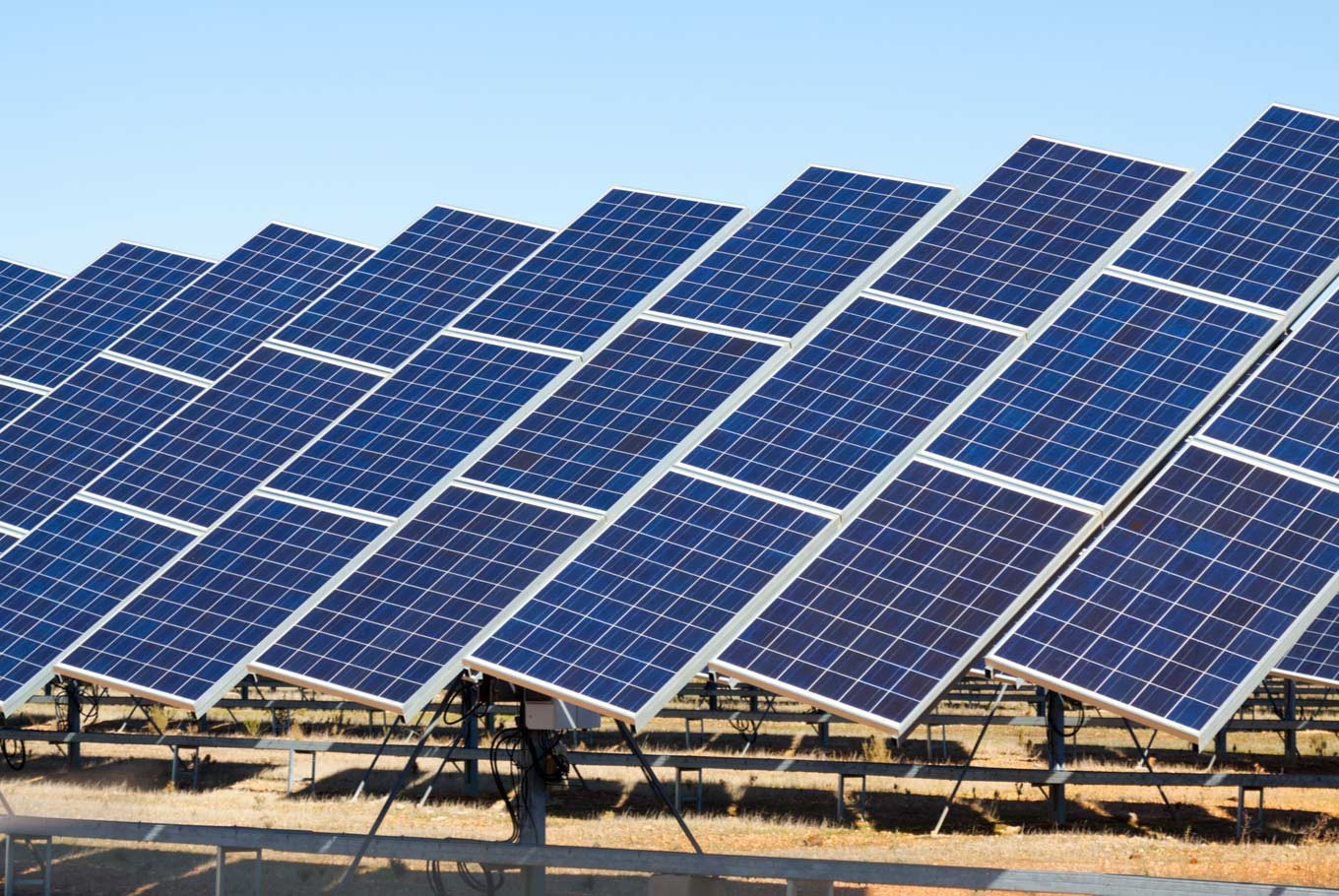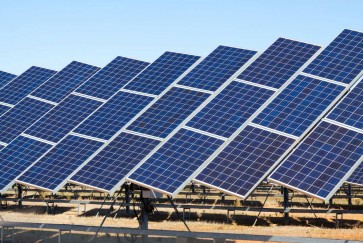Popular Reads
Top Results
Can't find what you're looking for?
View all search resultsPopular Reads
Top Results
Can't find what you're looking for?
View all search resultsThe rise of solar PV: Will the real energy transition begin from corporations?
It is corporations, primarily commercial and industrial (C&I) users, that perhaps will take the lead in the real energy transition of the country
Change text size
Gift Premium Articles
to Anyone
T
he use of cleaner and sustainable energy sources has been trending under the global climate change mitigation agenda. Solar photovoltaics (PV) have shown rapid growth, especially in recent decades. Its global installed capacity increased from only 1.4 gigawatts (GW) in 2000 to 627 GW in 2019. China (204 GW), the United States (76 GW), Japan (63 GW), Germany (49 GW) and India (43 GW) are the five largest PV user countries.
Vietnam emerged as a regional leader in Southeast Asia by successfully achieving 7.5 GW in just three years. This significant development is followed by Thailand (3 GW) and Malaysia (1.2 GW). Developing countries, including most Asian countries, are expected to lead the future of PV deployment. The recent rapid expansion of PV capacity has resulted from dramatic declines in equipment cost and the local availability of abundant solar resources.
Spreading widely in the equatorial zone thus blessed with abundant solar irradiation throughout the year, Indonesia has a promising opportunity for PV development. However, the growth remains modest in the country, with only about 75 megawatts peak (MWp) utility-scale in operation. Although some proposed big projects are reportedly coming up (including the groundbreaking of the 145-MWp Cirata floating and Hijaunesia projects), not a significant number have materialized.
The protracted negotiation of power purchase agreements (PPA) between state electricity company PLN and project developers contributes significantly to the low PV uptake in Indonesia. Moreover, the economic slowdown caused by COVID-19 and electricity oversupply has perpetuated the release of new capacity expansion and rendered the future development of renewables uncertain.
However, with the increasingly competitive cost and growing consciousness about sustainability, the landscape of PV in Indonesia will slightly change and turn around. It is corporations, primarily commercial and industrial (C&I) users, that perhaps will take the lead in the real energy transition of the country. In the markets, recently we all have witnessed how companies covering various sectors of daily goods, apparel, cement, mining, petrochemicals, fisheries, farming, etc., have launched their plans and projects to use PV in their factories. The capacity of each project varies from 1 MWp to around 20 MWp depending on the load and is typically for self use. The schemes can either use leasing or EPC (engineering, procurement and construction) contracts, but leasing is recently more attractive as it offers a more practical scheme to use cleaner energy with zero upfront investment.
Meanwhile, more than a few independent power producers (IPPs) have developed a new business strategy to tap the C&I-based PV opportunity, such as Medco, Indika Energy, Engie and Pertamina Power. It complements other emerging start-up companies like SUN, Xurya, LYS and BECIS Symbior.
It is not surprising that corporate actors were the fastest-growing demand for voluntary renewable energy (aside from power purchase from compliance market and retailers) from 2013 to 2019 in other advanced PV-user countries such as the United States. IRENA (2018) reported that most companies that actively sourced renewable energy for self-use were headquartered in Europe and North America, followed by emerging markets on the rise. As more companies embark on the race toward sustainable energy sources, it is expected that voluntary renewable procurement will drive further development of renewables, including in Indonesia.


















